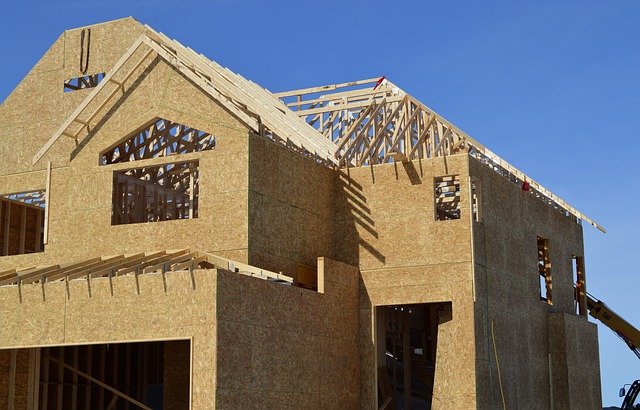It can be overwhelming to get a home mortgage. You are better off knowing as much as you can before stepping into a broker’s office. Consider this article a guideline on choosing the best home loan for your situation.
Don’t borrow the maximum allowed. The formulas used by the lender may not accurately reflect unexpected expenses that may come up in your real life. You need to consider how much you pay for other expenses to determine how comfortably you can live with your mortgage payment.
A solid work history is helpful. The majority of lenders want to see no less than two years’ worth of stable employment to grant approval. Too many job changes can hurt your chances of being approved. Also, you shouldn’t quit your job if you’re trying to get a loan.
Make sure that you always keep in touch with your lender, regardless of how dire your finances ever get. Don’t give up just because your finances are dire – your lender will want to work with you, if you talk to them about the situation. Be sure to call the mortgage provider and about any available options.
Like most people, you will likely have to have some amount of money for a down payment. In today’s world almost all mortgage providers will require down payments. Ask how much of a down payment is required before applying for a mortgage.
If you’re buying a home for the first time, there may be government programs available to you. They have programs that offer help to those with bad credit, and they can often help negotiate a more favorable interest rate.
Find a loan with a low interest rate. Banks want to lock in a high rate whenever possible. Do not allow yourself to fall victim to these lending practices. Give yourself several choices by looking at many offers from different lenders.
Get full disclosure, in writing, before signing for a refinanced mortgage. Ask about closing costs and any other fees you will have to cover. Most companies are honest about the fees you will have to pay but it is always best to ask about fees before entering a contract.
Make certain you check out many different financial institutions before you choose which one you will use as your mortgage lender. Check reputations online and scrutinize their deals for hidden rates and fees. When you know all the details, you can make the best decision.
Interest Rates
Be attentive to interest rates. Sometimes the rate varies on the amount of the home you plan on purchasing. Take the time to calculate how interest rates will add up to get an idea of how your mortgage will impact your finances. If you aren’t paying attention, you could pay more than you anticipated.

It is better to have low account balances on several revolving accounts, rather than one large balance on a single account. Your balances should be less than 50 percent of the credit limit on a credit card. It’s a good idea to use less than 30 percent of the available credit on each account.
Before you start the loan process, do all you can to lower your debts. You will want to make sure you can pay your monthly payments, regardless of the circumstances. Keeping your debt load down will keep you secure and better able to withstand any emergencies.
Carefully check out the reputation of a mortgage lender before you sign the final papers. Don’t go with solely what the lender states. Ask a couple of people about them first. Look through search engine results online. Go to the BBB website and look up the company. Know all that’s possible so that you’re able to get the best deal possible.
If you get denied at a bank or a credit union, consider a mortgage borker. A lot of times, a mortgage broker can find mortgages to fit your situation better than some traditional lenders. They work directly with the lenders and may be able to help.
Before you agree to a mortgage commitment, ask for a written description of any fees and charges. There are itemized costs for closing, as well as commissions and miscellaneous charges you need to be aware of. You may be able to negotiate with the lender or the seller to reduce the closing costs.
What fees and costs come along with a mortgage? There are a lot of unique and strange line items to learn as you close on a home. It might seem overwhelming. When you know what they’re about, you might even be able to negotiate them away.
Credit Score
When the lending market is tight, having a good credit score is vital to securing a favorable mortgage rate. Find out your credit score at all three main agencies and check for any errors. Any credit score that is lower than 620 is usually denied.
If you realize that your credit is not the greatest, then you will need to come up with a bigger down payment when seeking out a mortgage. A lot of people try saving five or so percent, but twenty percent can really help you out if what you’re trying to do is get approved.
Consider taking out a mortgage that lets you make your payments every other week. This will let you make more payments every year, greatly reducing the amount of money you spend on interest on the life of the loan. Payments that are made biweekly can make it easier to have it directly withdrawn from your checking account.
Knowing all there is to know about home mortgages requires a lot of knowledge. With the information shared here, you are now ahead of the game. When undertaking the mortgage loan process, use the tips presented here to help you avoid making a bad decision.
